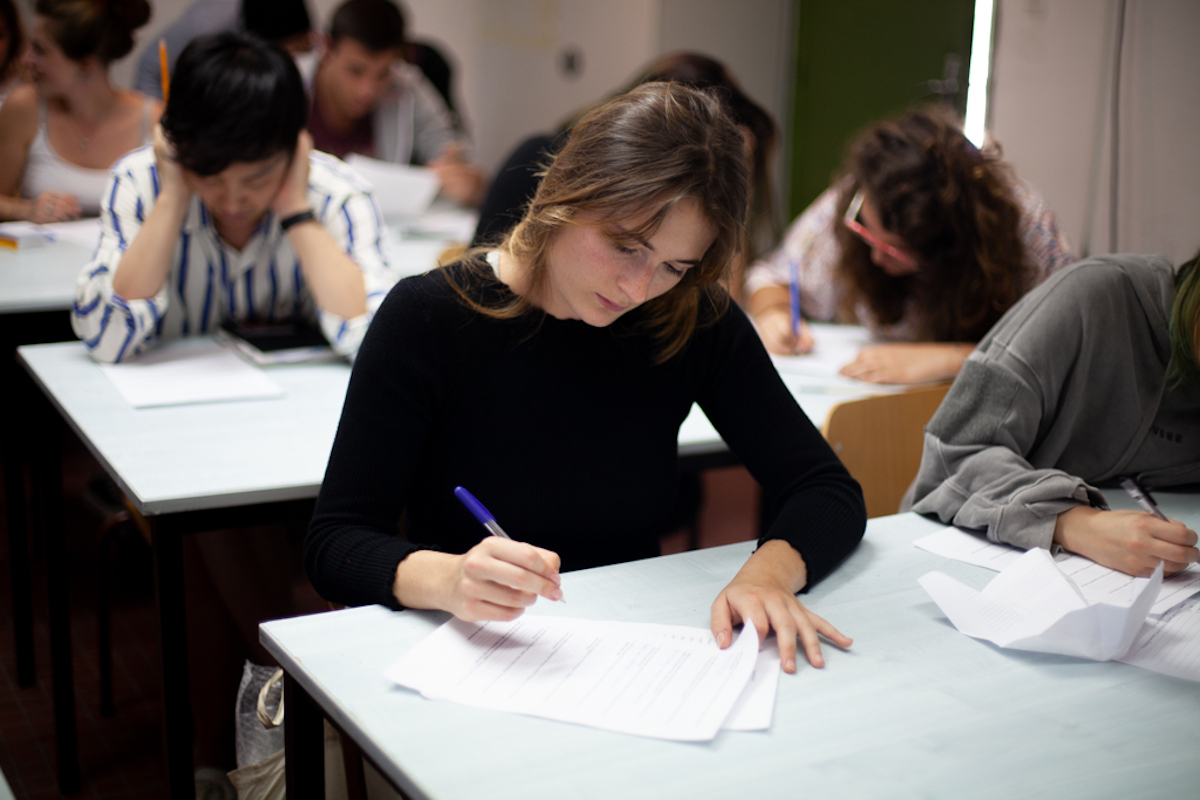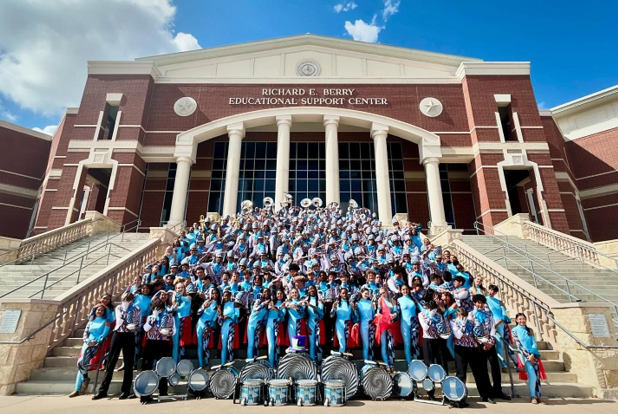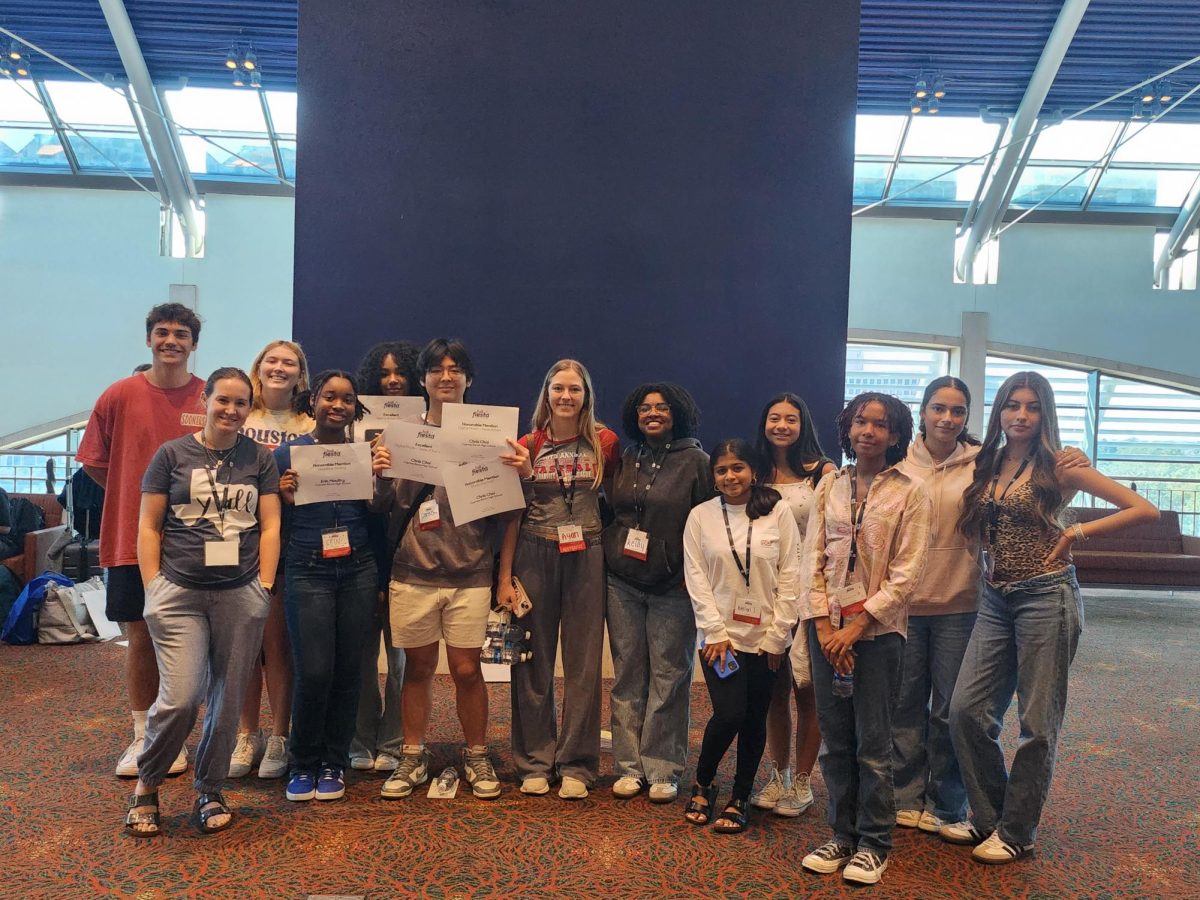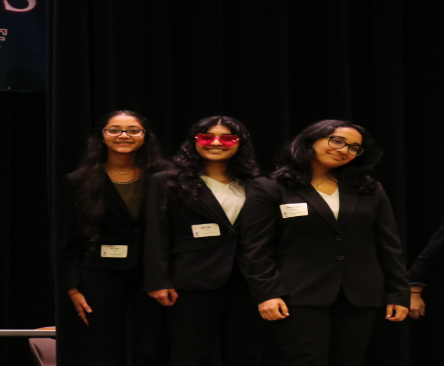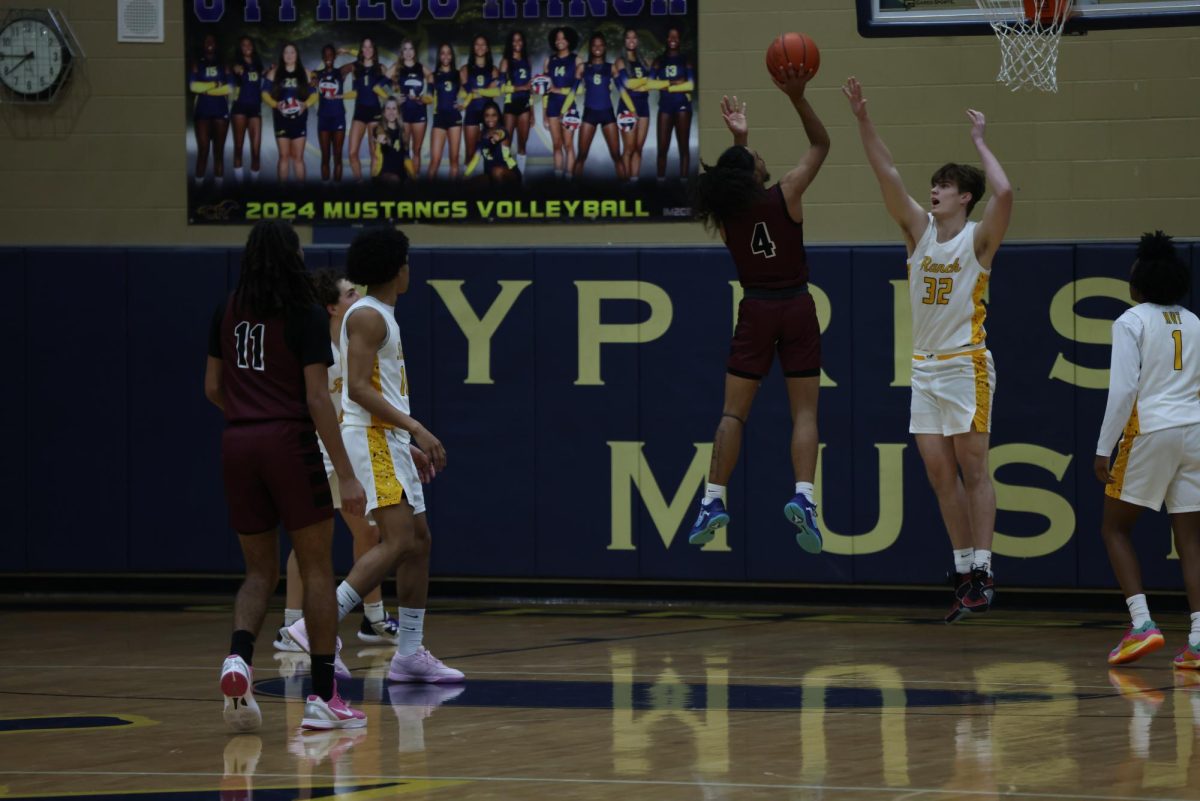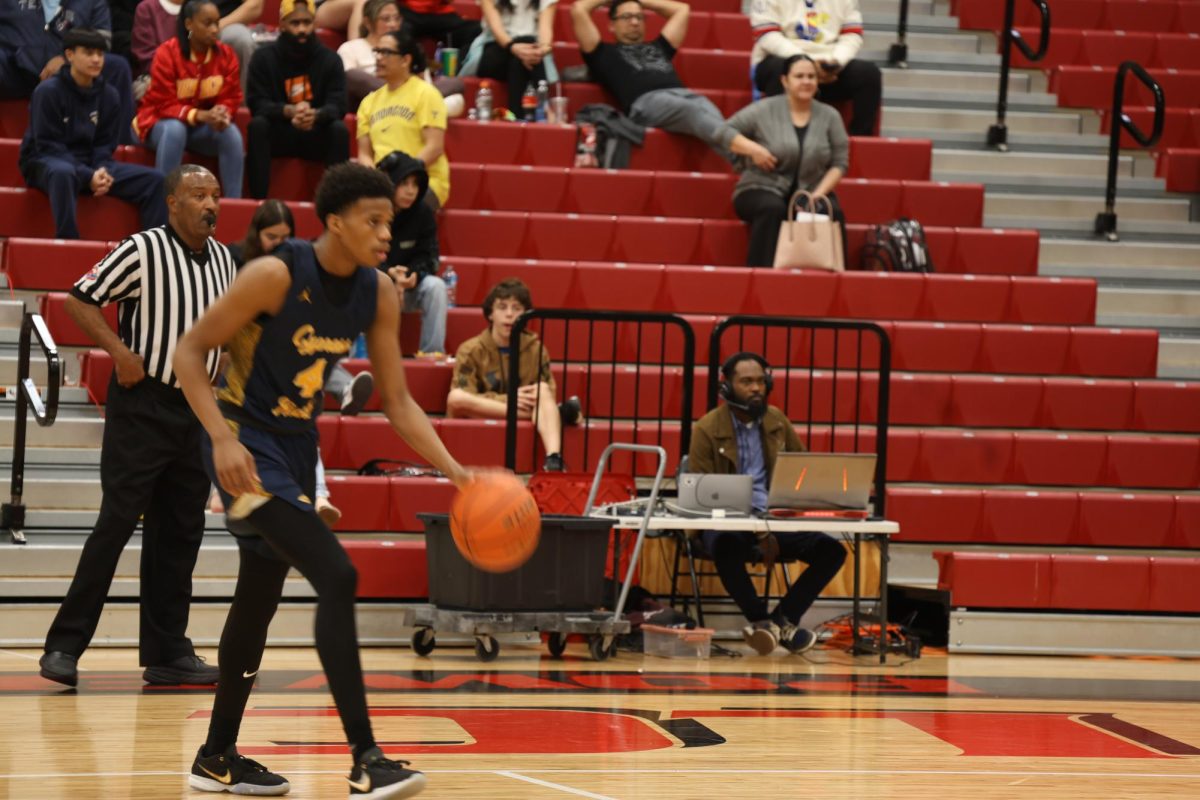How to Ace the PSAT
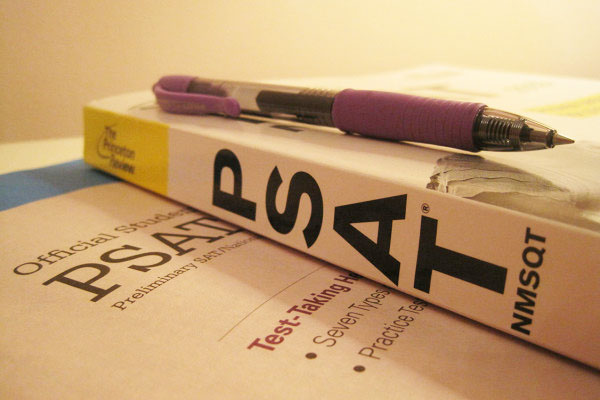
For many, junior and senior year is little more than a whirlwind of tests, with the short-term stress of math and English exams being steadily replaced with the trepidation and intimidation that come with standardized tests. The exam season is long and stressful, and it has only just started.
The Preliminary SAT/National Merit Scholarship Qualify Test (shortened to PSAT/NMSQT) is the first exam of the year, and is one of the most important for juniors. The test prepares students for the SAT, which determines college acceptance for most applicants, and determines qualification for the National Merit Scholarship, which can be upwards of $2,500.
“There are millions and millions of dollars out there that are going to be distributed based on PSAT scores,” said Kaplan Test Prep national faculty manager Colin Gruenwald.
Besides scholarship money, the PSAT can enrich SAT scores. According to Kaplan Test Prep, students who take the PSAT during their junior year average a 100-point jump on their SAT scores, and those who take it during both their sophomore and junior years average 200 extra points.
Obviously, the test is an important one–but how can one secure their place among the 1.5 million applicants that take the test each year? Preparation is key, according to the College Board.
“The best way to prepare for the PSAT/NMSQT is to take challenging courses, read widely, write frequently, and develop problem-solving skills,” said a College Board representative. “These are the same habits that prepare students for the SAT and AP exams as well as college and career.”
The ideal time to begin preparation is in the summer, when students have the time to study in-depth.
“When the school year comes you can do a little review, but you’ve done most of the prep already,” said tutor and educational consultant Heidi Waterfield.
Even if the PSAT wasn’t on your mind during the summer, the preparation doesn’t end there. Learning how the exam works can give students an edge when faced with the two hours of unfamiliar testing.
The PSAT differs from regular classroom instruction in one vital way: it doesn’t care about the information a student knows, just how it is utilized. The PSAT tests logic, critical thinking skills, and how a student reacts to new information.
Don’t bother remembering specific facts from History or Spanish; rather, focus on the skills learned in math and English classes.
Taking practice tests is also vital to getting a good score. Practice tests can be found online and allow students to understand which areas need work. Most importantly, though, practice tests allow students to get a first look at what will be on the test itself.
On test day, students can ensure that they’re ready by getting a good night’s sleep and eating a good breakfast.
“Memory recall and ability to maintain concentration are much improved when an individual is rested,” said Dr. Philip Alapat, medical director at the Harris Health Sleep Disorders Center. “By preparing early and being able to better recall what you have studied, your ability to perform well on exams is increased.”
Overall, students who take the effort to prepare for the PSAT will be reap the benefits when scores come in.
“They’re going to gain familiarity,” said Gruenwald. “They’re going to gain confidence.”
Your donation will support the student journalists of Cypress Ranch High School. Your contribution will allow us to purchase equipment and cover our annual website hosting costs.


